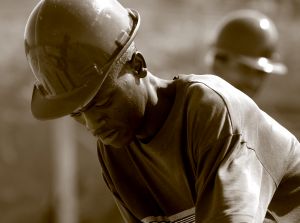 Republicans control all phases of lawmaking at the state level in Florida. This has been the case since the election of Jeb Bush as governor in 1998, complementing their majorities in the Florida House and Senate.
Republicans control all phases of lawmaking at the state level in Florida. This has been the case since the election of Jeb Bush as governor in 1998, complementing their majorities in the Florida House and Senate.
Presently, they rule by supermajority in the Legislature, meaning they don’t have to negotiate with members of other parties to pass legislation. With the encouragement of current governor Ron DeSantis, they have been wont to stoke the flames of culture wars by enacting draconian laws such as those banning books and hurting the LGBTQ community.
While their culture war laws get the headlines, Republicans also work in quieter ways to undermine the fabric of American society. One of their favorite tricks is to weaken the rights of individuals to seek redress within the legal system.
Last legislative session they passed bills reducing the statute of limitations in personal injury cases from four years to two years and barring all personal injury claims where the injured party is more than 50% at fault, even just 51% (768.81(6)).
This latter measure may appear reasonable on its face to the uninitiated, but it is not. In years past damage awards were apportioned by percentage of fault through a legal principle known as comparative fault. For example, if a person who was 51% at fault was awarded $1,000,000 in damages by a jury, the court would reduce that person’s share of the award to $490,000. Under the legislation passed in 2023, that same person would walk away with nothing even if another party was 49% at fault.
 Florida Injury Attorney Blawg
Florida Injury Attorney Blawg









